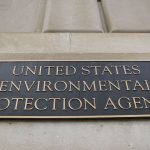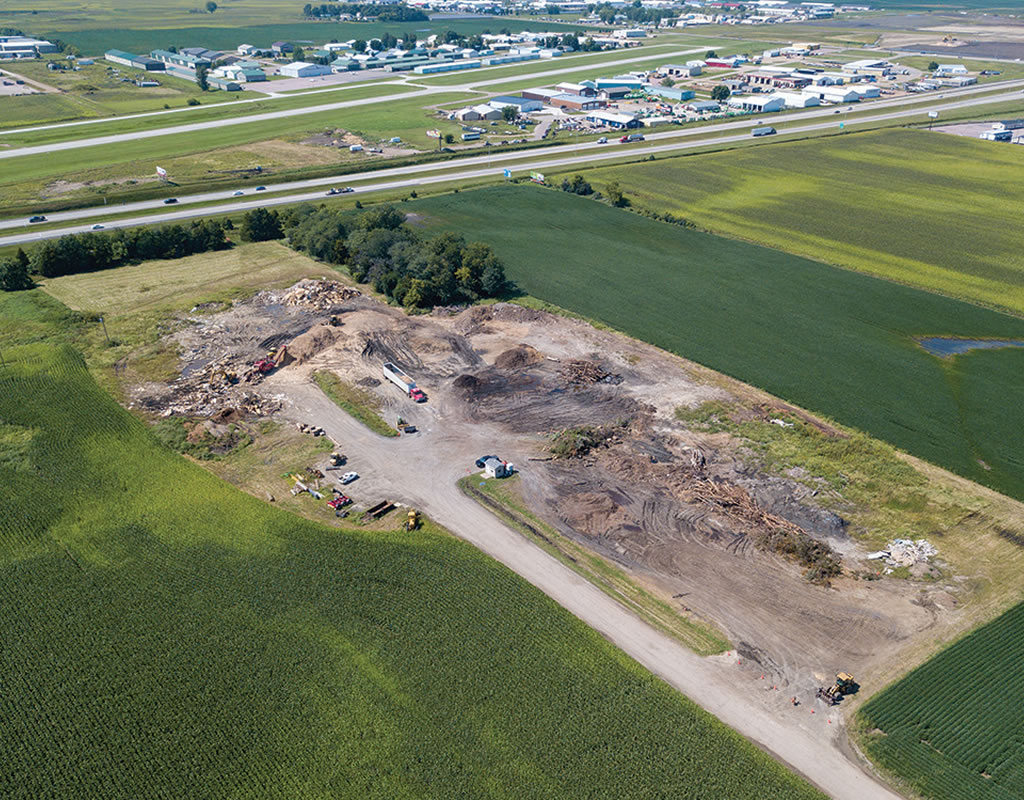By Ann N. Purvis
Lawsuits challenging various environmental regulations are piling up.
On March 3, U.S. Supreme Court Chief Justice John Roberts declined to halt an Environmental Protection Agency (EPA) rule regulating mercury emissions from power plants. The rule is currently under review in the Washington, DC Court of Appeals.
In February, the Supreme Court placed a temporary stay on the Obama administration’s Clean Power Plan while an appellate court considers the case. Twenty states fighting against the federal mercury emissions standards hoped the Court would grant a similar stay in their case while EPA worked to finish a cost-benefit analysis mandated by the Supreme Court in June 2015.
Court Considers Property Rights Case
The Court heard oral arguments on March 30 in U.S. Army Corps of Engineers v. Hawkes, a case that will determine when landowners can challenge a government agency’s judgment that private property contains “wetlands,” which are subject to federal regulations.
While the Hawkes case has received relatively little attention, Mark Miller—a managing attorney with the Pacific Legal Foundation, a member of the legal team that will be arguing the case before the Supreme Court—says Hawkes is an important case for property rights.
The plaintiffs in the case are three family operated companies in Minnesota that process peat, a material that can be found in bogs and is often used for landscaping.
Miller says while the Hawkes’ property does contain wetlands, “not all wetlands are subject to federal control.”
The federal government claimed authority over the Hawkes’ land under the Clean Water Act. When the plaintiffs tried to challenge the government’s determination, a trial court said the case was not ripe for court review, because it wasn’t “final agency action.” The government argued the Hawkes must first apply for a permit to disturb the wetlands before it can challenge the government’s claim of authority over the land.
The Court in Hawkes will decide at what stage a lower federal court can hear and decide if the Clean Water Act applies particular wetlands, not whether the Hawkes’ land contains wetlands.
“[The case] is about a landowner’s access to a neutral judge when federal agencies try to regulate [property] under the Clean Water Act,” said Miller.
That question is important because the procedural hurdles faced by landowners seeking a Clean Water Act permit are immense. In its brief to the Court, the Hawkes legal team cited a previous Supreme Court decision that noted the average applicant for such a permit “spends 788 days and $271,596 in completing the process.”
Miller says if the Court rules against the plaintiffs, “landowners will have to continue to waste years and spend hundreds of thousands of dollars to exercise their constitutional right to use their property,” said Miller. “Many land owners will simply throw in the towel and give up their rights, rather than try to fight a government that has unlimited time and money.”
The case is especially noteworthy in light of the government’s controversial Waters of the United States (WOTUS) rule, which expanded what the federal government considers “navigable waters” under the jurisdiction of the Clean Water Act. States and industry groups across the nation have filed suits challenging EPA’s WOTUS rule, which has been put on hold by the 6th Circuit Court of Appeals in Cincinnati while it considers the rule’s legality.
Other Lawsuits
Other lawsuits challenging Obama administration environmental rules include a lawsuit filed by the State of Texas on February 29 challenging EPA’s implementation of a federal Regional Haze Plan and suits brought by nine states, the United States Chamber of Commerce, and the National Association of Manufacturers challenging EPA’s ozone standard, which was issued in late 2015.
The ozone rule requires cuts to the acceptable surface-level of ozone from 75 parts per billion to 70. The lawsuits argue EPA failed to conduct an appropriate scientific review before issuing the new standards. States and business groups challenging the rule also say the standards are unnecessary and have costs that exceed any purported benefits.
Limits on Executive Power
Miller says federal and state courts are playing an increasingly important role in protecting against government overreach and burdensome environmental regulations.
“The makeup of the courts is tremendously important when it comes to litigation over environmental regulations,” said Miller. “The United States needs judges who recognize the limits on executive power that are set out in the U.S. Constitution.”
Ann N. Purvis (ann.n.purvis@gmail.com) writes from Dallas, Texas. This article was reprinted with permission from heartland.org, a product of The Heartland Institute (http://news.heartland.org/newspaper-article/2016/04/14/lawsuits-piling-against-obama-epa).
Related News
Subscribe Today
Every other month, Soil & Mulch Producer
News brings you important stories about:
• New Technology
• Products
• Industry News
• Research Studies
Soil & Mulch Producer News features articles and services relevant to your daily operations.











